
We’re a world obsessed with supplements: walk into any pharmacy or health food shop and you can expect to see row upon row of capsules, pills and powders, all promising to improve our health. During pregnancy, it’s widely accepted that on top of a balanced nutritious diet, further supplementation is advised. We spoke to the experts to find out more.
Why it’s helpful to take probiotics when pregnant
It’s no secret that a healthy gut microbiome (otherwise known as the trillions of micro-organisms living in your gut) offers many wide-ranging health benefits, such as maintaining good energy levels, immunity and mood. But should women take probiotics during pregnancy?
When navigating cravings and food sensitivity during this time, it can be difficult to ensure you are consuming enough gut-loving foods to maintain a diverse microbiome. Karen Joash, a renowned consultant obstetrician and gynaecologist and co-founder of supplements brand Purer Mama, advises taking a probiotic supplement throughout pregnancy, to increase your body’s supply of good bacteria.
There are also a plethora of pregnancy-specific benefits to taking a probiotic: recent technological advancements have shown that particle pollution (such as soot and smoke) and micro plastics are being found on the foetal side of the placenta, and therefore have the potential to reach the baby. Joash explains that taking a probiotic acts as a first line of defence, reducing the amount of pollution absorbed by the body, so less will reach the baby.
Meanwhile, clinical trials have shown that women who take probiotics are less likely to experience mastitis (when breasts become inflamed and painful during breastfeeding), while other studies suggest that children whose mothers have taken probiotics when pregnant are less at risk of suffering eczema, asthma and allergies.
Taking probiotics is also particularly useful for C-section deliveries: Joash explains that babies born via C-section don’t get exposed to the same good bacteria as those delivered vaginally, however microbes are also transferred to the baby via breast milk and through skin to skin contact after birth. “Probiotics help optimise your microbiome, which improves your immunity, and therefore your baby’s immunity too,” she says. When selecting a product, seek out formulas that contain at least 10-15 billion bacteria.
We all know about folic acid, but what about choline?
While folic acid (a B vitamin) is already well recognised as an essential vitamin to supplement when pregnant (it is clearly stated on the NHS website and almost all pregnancy supplements in the UK contain the recommended dose), experts argue that choline (also classed as a B vitamin) is every bit as important during pregnancy, yet is significantly less known in the UK.
Dr Emma Derbyshire, a nutritional scientist with a speciality in maternal health nutrition, explains that choline is critically important for the foetus’s brain function and development. “It’s important during pregnancy because it forms phosphatidylcholine, a key component of cell membranes, which divide and multiply as the baby grows.” There are also longer term benefits: studies have shown that choline supplementation during pregnancy and breastfeeding can improve a child’s processing speed and attention span.
Derbyshire believes that the UK is noticeably behind in not providing formal recommendations of choline intake during pregnancy, whereas in Europe, the USA and more recently in Norway, these recommendations are already in place. The European Food Safety Authority recommends pregnant women take 480mg per day, increasing to 520mg per day while breastfeeding.
What can collagen supplements do during pregnancy and post-partum?
Collagen supplements are typically associated with the quest for glowing, plump skin, but they also have holistic health benefits. Through pregnancy and labour, the pelvic floor muscles undergo considerable strain: “When you take collagen, you increase the tensile strength of those structures to basically make them less pliable,” says Joash.
According to Joash, taking a collagen supplement postnatally also speeds up healing, be it a C-section scar, the linea alba (the material between our abdominal muscles), or the vagina. While we associate collagen with improved skin quality, “the vaginal skin also needs to recover, so collagen supplements can help provide the building blocks for that to take place”.
Look out for products containing collagen hydrolysed peptides. “Hydrolysed means they contain a compound called hydroxide, which means the molecule will be better absorbed,” says Joash. Of course, quality is key: “Make sure to choose one that comes from grass-fed cows, wild-caught fish and that is also tested for heavy metals,” says nutritionist Clarissa Lenherr. “In addition, make sure to check that the collagen blend does not have other added ingredients that might be contraindicated in pregnancy, such as vitamin A.”
Is a calcium supplement necessary when breastfeeding?
It is widely known that the menopause can cause brittle bones, however paediatric allergy dietitian Nancy Swan explains that the rate of bone density loss during lactation is even higher. “The baby ingests a high level of calcium via breast milk, and if there is not enough left over to maintain the amount in blood, then we lose it from our bones,” says Swan. When it’s gone, it’s gone. “We reach peak bone mass (the most dense/calcium-packed your bones can be) somewhere between age 17 and our early twenties, and once we get there, we can only maintain what is left,” she says. “Some people are able to meet the optimal calcium intake via diet alone, though.”
She points to calcium-rich foods, such as dairy products, leafy vegetables, sesame seeds and pulses, “however in most cases we would recommend taking a calcium and vitamin D supplement to bridge the gap”, adds Swan. “Consistently failing to meet this calcium goal significantly increases the risk of osteoporosis later in life.” And for women who eat a dairy-free diet (dairy is full of calcium), it is particularly important to supplement.
The British Dietetic Association recommends that breastfeeding women should aim for 1,250mg of calcium per day. “For context, 1,250 mg calcium is roughly one litre of calcium-fortified plant milk, 25 slices of calcium-fortified bread or three kilograms of broccoli – which isn’t fun for anyone,” says Swan.
Are iron deficiencies during pregnancy a big deal?
During pregnancy, a woman’s blood volume increases by 45 per cent, so her iron needs become greater. “People underestimate the importance of iron, but it’s a big deal,” says Joash. Iron facilitates the movement of energy around the body, explains Joash, so when you’re growing a human – and all the cells that make them up – you need a good supply of energy. Iron deficiencies can “reduce the growth of the baby”, while anaemia is also associated with pre-term labour too.
Half of women are anaemic during pregnancy, so Joash recommends that women who are expecting take an iron supplement of at least 60mg a day. “At the moment, most supplements only contain between 14 to 18mg,” she adds.
The NHS will usually provide a blood test at 28 weeks which can alert you to iron deficiencies, however if you’re experiencing symptoms like fatigue and dizziness while pregnant, talk to your healthcare provider about additional oral supplementation or intravenous drips.
Before taking any new supplement when pregnant or breastfeed it’s important to talk to your healthcare provider first.
The best pre- and post-natal supplements to try now
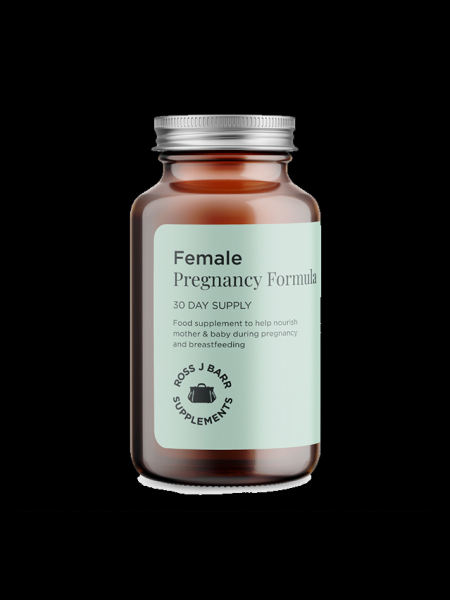
Ross J Barr Female Pregnancy Formula
£33
Victoria Health
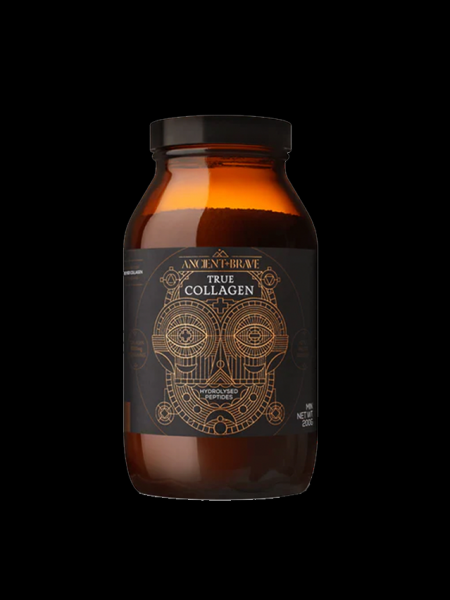
Ancient And Brave True Collagen
£29
Ancient and Brave
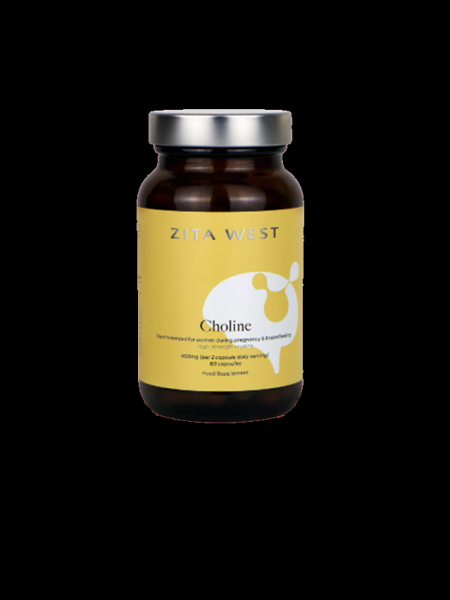
Zita West Choline, Pregnancy & Postnatal Support
£17.95
Zita West
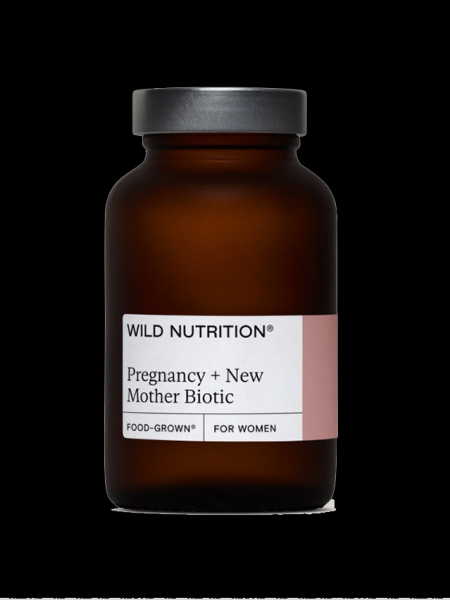
Wild Nutrition Pregnancy + New Mother Biotic
£39
Wild Nutrition
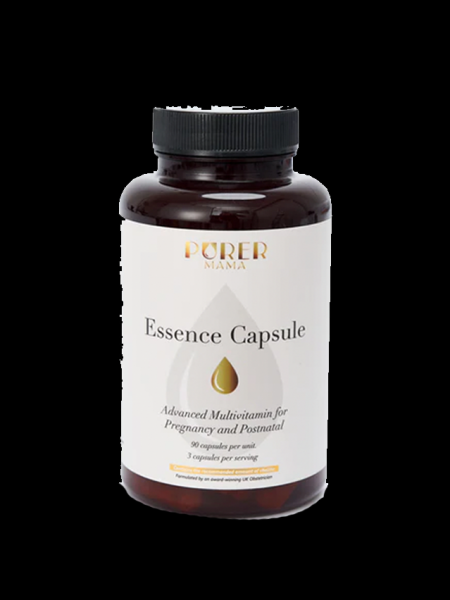
Purer Mama Essence Capsule
£22.80
Purer Mama
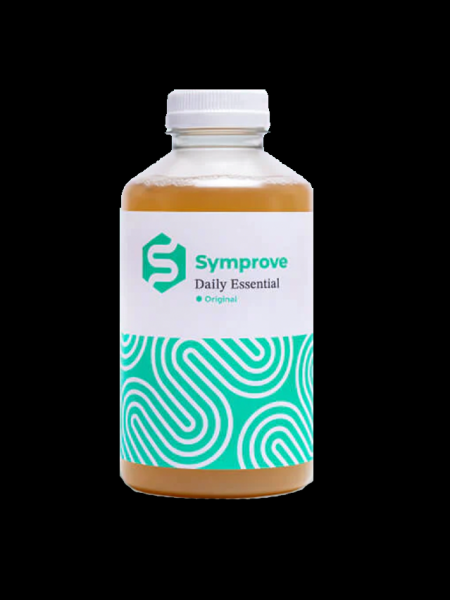
Symprove Daily Essential
£79.99
Symprove